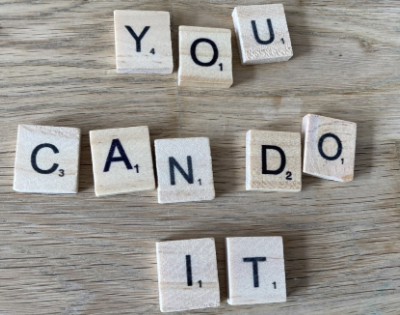


Our team sorts through all blog submissions to place them in the categories they fit the most - meaning it's never been simpler to gain advice and new knowledge for topics most important for you. This is why we have created this straight-forward guide to help you navigate our system.


And there you have it! Now your collection of blogs are catered to your chosen topics and are ready for you to explore. Plus, if you frequently return to the same categories you can bookmark your current URL and we will save your choices on return. Happy Reading!
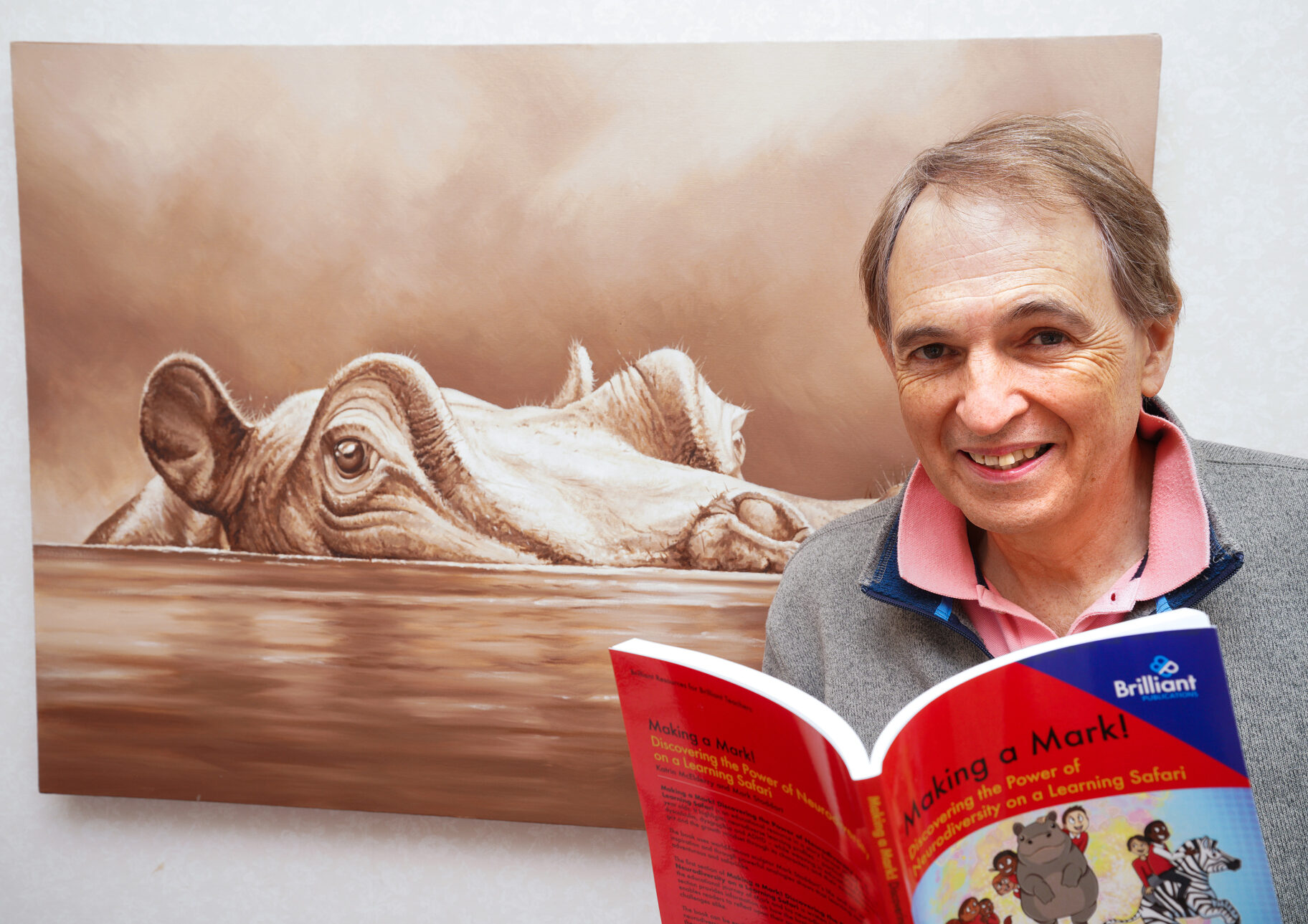
As I sit down to share my thoughts on “Making a Mark! Discovering the Power of Neurodiversity on a Learning Safari,” it feels like inviting you on a personal expedition—one that delves into the realms of neurodiversity, education, and the profound impact they can have on our lives.
This journey began as a reflection of my own experiences as an individual with Dyslexia (Neurodiverse issues), navigating a world that often seemed designed for a different kind of mind. Through the pages of “Making a Mark”, my co-author Kate McElderry and I sought to not only share my story but also to illuminate the untapped potential that lies within the diverse ways our brains operate.
The title, “Making a Mark!” embodies the essence of what I believe is possible when we embrace neurodiversity. It’s not just about leaving a mark on the world but recognising and celebrating the unique imprints that each individual brings to the table. Neurodiversity isn’t a hindrance; it’s a source of strength, creativity, and innovation.
One of the driving forces behind this project was the desire to challenge the conventional norms of education. Too often, our systems prioritise a one-size-fits-all approach, leaving many individuals feeling left behind or overlooked. Through my own experiences and the stories shared within the book, I advocate for a shift towards inclusive education that accommodates the diverse learning styles present in our classrooms.
I would like readers of all ages to understand that neurodiversity isn’t a box to check or a trend to follow; it’s a fundamental aspect of the human experience. By embracing the spectrum of neurodiversity, we open doors to new perspectives, fresh ideas, and a richer understanding of the world around us.
The book helps to share practical strategies and tools aimed at fostering an inclusive environment. Whether you’re an educator, a parent, or an individual of any age, seeking to understand yourself better, “Making a Mark!” provides insights into creating spaces that celebrate neurodivergent strengths rather than focusing on perceived weaknesses.
In essence, “Making a Mark!” is an invitation to reimagine the way we approach education and neurodiversity. It’s a call to action, urging us to embark on a learning safari where we not only discover the power of diverse minds but actively harness that power for positive change.
Let’s challenge the status quo, celebrate our differences, and collectively make a mark on the world—one that echoes the beauty and strength found in the neurodiverse tapestry of humanity.

The author

Read more
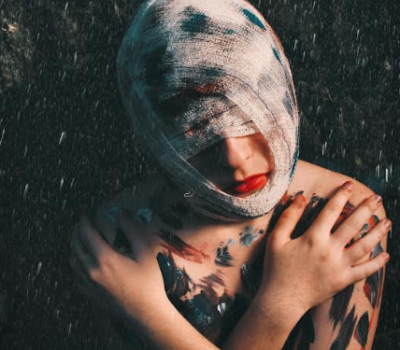
Read more

Read more
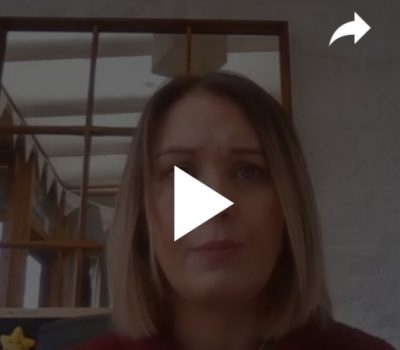
Read more

Read more
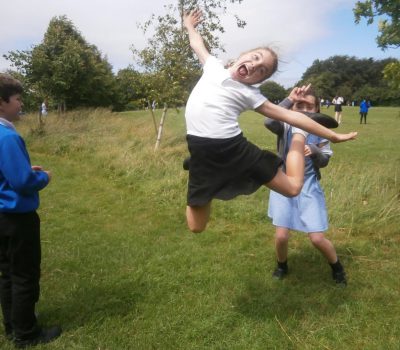
Read more
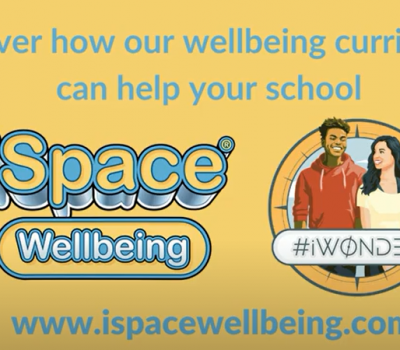
Read more

Read more


Are you looking for solutions? Let us help fund them! Nexus Education is a community of over 11,000 schools that come together to share best practise, ideas and CPD via online channels and free to attend events. Nexus also offers funding to all school groups in the UK via nexus-education.com


Established in 2011, One Education is a company at the heart of the education world, supporting over 600 schools and academies. Our unique appeal as a provider is in the breadth and synergy of the services we offer, supporting school leaders, teachers and support staff to achieve the best possible outcomes for their pupils and staff.

School Space is a social enterprise that has empowered schools for over 12 years through their profitable and hassle-free lettings services. So far, they’ve generated over £5 million in revenue for education, helping to connect over 200 schools with their local communities.


Unify is an online sales and marketing tool that allows users to create tailored personalised documents in moments.


There’s nothing special about the energy we sell. In fact, it’s exactly the same energy as all our competitors provide. But there is something special about the way we do it. Where others complicate the process, we simplify it. Where others confuse customers with hidden terms, we’re an open book. And where others do all they can to make as much money from their customers as possible, we do all we can to make as little. Everything we do, we do it differently. Our customers are a privilege. One we’ll never take advantage of.


Securus provide market-leading monitoring solutions to safeguard students on ALL devices both online and offline. We also offer a full monitoring service, where we carry out the monitoring on behalf of the school, freeing up valuable staff resources. From the smallest school to large MAT groups, Securus offers safeguarding protection for all!


Bodet Time offers dedicated solutions to education through lockdown alerts, class change systems, PA and synchronised clock systems. Improving time efficiency of the working and school day; ensuring safety through lockdown alerts; increasing communication with customised broadcast alerts.


Robotical makes Marty the Robot - a walking, dancing coding robot that makes programming fun and engaging for learners as young as 5. Our robots come with a full Learning Platform that has complete teaching resources, to make lesson planning a breeze.